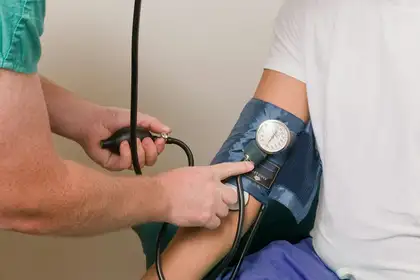
The data shows that the impact disproportionately affecting certain populations, particularly those living in areas of higher socioeconomic deprivation.
The report uses results from the 2023/24 New Zealand Health Survey to assess the impact of transport barriers on healthcare access.
Access to healthcare is a fundamental determinant of overall wellbeing, yet transport limitations prevent many New Zealanders from receiving necessary medical attention. The latest data highlights that in the past 12 months, an estimated 159,000 people—1.4 per cent of children and 3.4 per cent of adults—were unable to visit or speak with a GP due to transport issues.
The findings show a clear socioeconomic divide, with adults living in the most deprived areas nearly three times more likely to experience unmet GP needs due to a lack of transport compared to those in the least deprived areas.
Disabled people face an even greater challenge, being more than three times as likely as non-disabled people to be unable to access GP services for this reason. In 2023/24, around one in 12 disabled adults (8.4 per cent) were affected.
Women were also more likely than men to report transport as a barrier to GP visits, with 4.3 per cent of women experiencing unmet need compared to 2.2 per cent of men.
Māori and Pacific communities were disproportionately affected, with 5.5 per cent of Māori adults and 7.4 per cent of Pacific adults missing GP visits due to transport issues. The disparity was even more pronounced among children. Māori children were more than four times as likely as non-Māori children to experience an unmet need for GP services due to a lack of transport (3.1 per cent compared to 0.7 per cent).
EHINZ Principal Intelligence Analyst Kirsty Craig says these findings reinforce the urgent need for interventions to improve equitable healthcare access.
"Transport should not be a barrier to healthcare, yet we see a clear trend where those who are already facing socioeconomic disadvantages are also more likely to miss out on essential GP services due to transport difficulties. This has broader implications, not only for individual health outcomes but for the overall healthcare system, as untreated conditions may lead to more severe illness.
“Planners and policymakers should look to reduce this barrier to accessing primary care, for example, by locating services in shopping centres that are well served by public transport or offering free transport to services."
EHINZ, based within Te Kunenga ki P≈´rehuroa √€∂π ”∆µ‚Äôs Te Kura Hauora Tangata College of Health, is funded by the Ministry of Health to monitor and provide intelligence on the effect of the environment on the health of New Zealanders.
Read the full surveillance report.
Related news
Waterborne disease surveillance in New Zealand highlights gaps in risk factor reporting
New Environmental Health Intelligence New Zealand (EHINZ) reports reveal underreporting of waterborne diseases, masking the true impact of untreated drinking and recreational water on public health.

A decade of tragic consistency: Analysing the sudden unexpected death in infancy rates in Aotearoa New Zealand
Data analysed by Environmental Health Intelligence New Zealand (EHINZ) between 2010 and 2019 has revealed no improvement in sudden unexpected death in infancy (SUDI) rates since 2012, despite Aotearoa New Zealand’s high SUDI rate compared to other developed countries.

The driving disparities between socioeconomic status and vehicle age
Data analysed by Environmental Health Intelligence New Zealand (EHINZ) has revealed private passenger vehicles are, on average, older in areas of higher socioeconomic deprivation.
